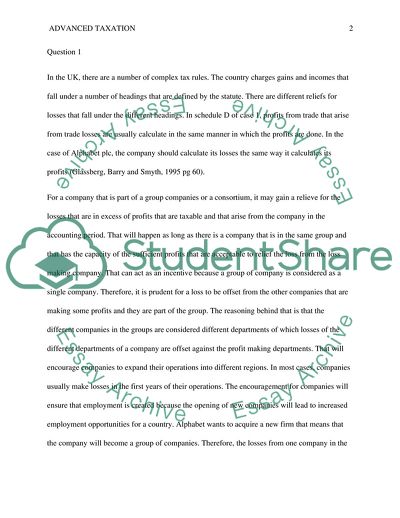Cite this document
(Advanced Taxation Essay Example | Topics and Well Written Essays - 1500 words, n.d.)
Advanced Taxation Essay Example | Topics and Well Written Essays - 1500 words. https://studentshare.org/finance-accounting/1814034-advanced-taxation
Advanced Taxation Essay Example | Topics and Well Written Essays - 1500 words. https://studentshare.org/finance-accounting/1814034-advanced-taxation
(Advanced Taxation Essay Example | Topics and Well Written Essays - 1500 Words)
Advanced Taxation Essay Example | Topics and Well Written Essays - 1500 Words. https://studentshare.org/finance-accounting/1814034-advanced-taxation.
Advanced Taxation Essay Example | Topics and Well Written Essays - 1500 Words. https://studentshare.org/finance-accounting/1814034-advanced-taxation.
“Advanced Taxation Essay Example | Topics and Well Written Essays - 1500 Words”. https://studentshare.org/finance-accounting/1814034-advanced-taxation.


